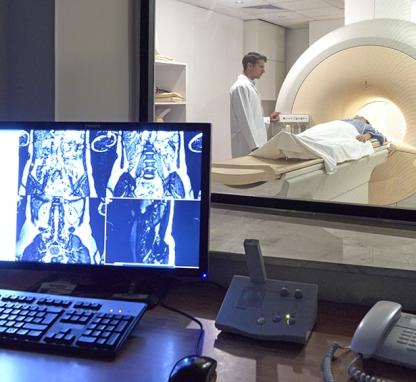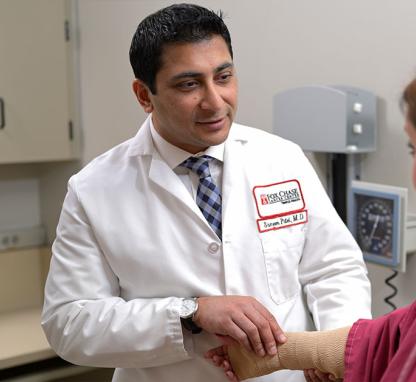
Updated: February 26, 2020 Oral chemotherapy is a type of cancer treating drug that is taken in the form of a daily pill or liquid, allowing for less frequent medical appointments. Over the past 20 years, more than 50 new oral anticancer medications (...
Read More







